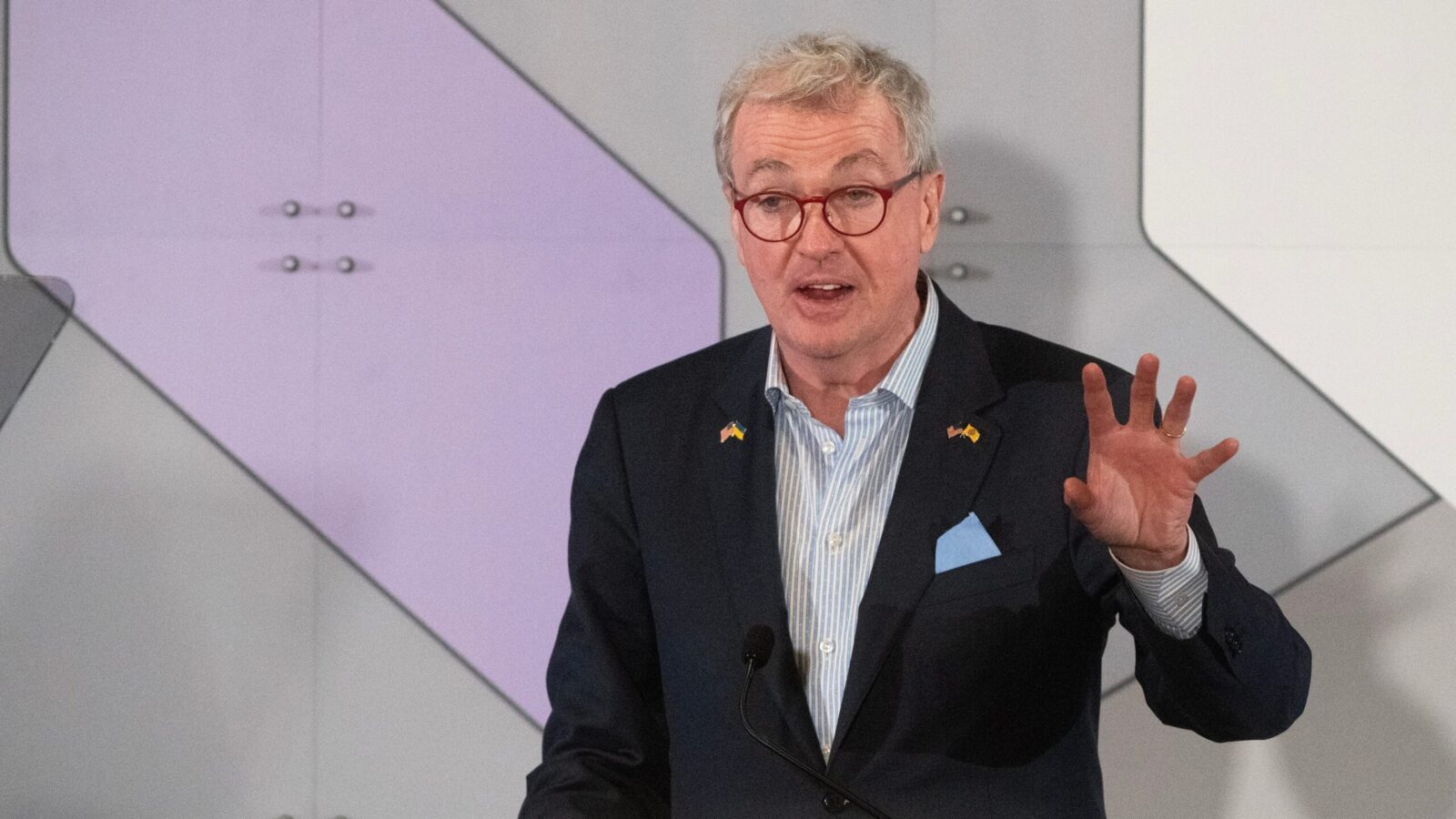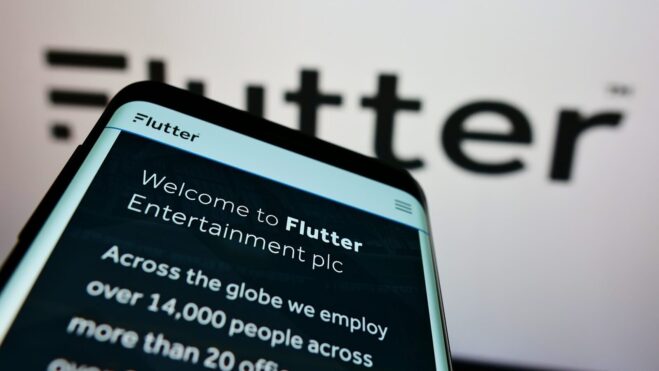New Jersey Governor Not Backing Down (Yet) On Proposed Online Gaming Tax Hike
Resorts CEO calls tax increase ‘counterproductive,’ but Gov. Murphy seems to be plowing forward
2 min

During the East Coast Gambling Congress’ 28-year annual run in Atlantic City, it has not been uncommon for the sitting New Jersey governor not only to serve as keynote speaker, but also to use the event as a vehicle to break major news in the world of gambling.
In 2011, for example, then-Gov. Chris Christie not so gently prodded the developers of the new Revel casino on the Boardwalk into announcing a mid-May 2012 grand opening — a declaration that at the time was perceived as a feather in Christie’s cap.
But any hopes in the audience on Wednesday that Gov. Phil Murphy would use the microphone to declare a retreat from his recent budget proposal to nearly double some key gambling tax rates were dashed by the end of his speech.
Murphy did mention the massive growth of iGaming in New Jersey in recent years — but only in reference to what he said was the need to “focus on real-life visits to casinos right here in Atlantic City.”
Still, Resorts CEO Mark Giannantonio — the president of the Casino Association of New Jersey — told Casino Reports after the 20-minute address by Murphy that he remains confident, in spite of that issue not being addressed, that his industry will be able to persuade Murphy that such a tax hike would be unwise.
“The governor has a lot going on — he has a lot of issues to deal with,” said Giannantonio of Murphy’s recommendation to state Senate and Assembly elected officials that they vote to raise to 25% the tax on both mobile sports betting (currently at 13%) and iGaming (currently taxed at 15%).
“I don’t think the idea is going to go anywhere — and I hope that it won’t,” Giannantonio said. “It would be counterproductive, and cause more of that business to go offshore [to illegal gambling sites].”
Tax increase bad for AC, too
Giannantonio also said that the tax would cause harm to the city’s brick-and-mortar casino operators, which he noted receive an “important revenue share” of the profits earned by their online gambling operators. And thousands of jobs currently held by New Jersey residents in that industry sector could shift elsewhere should there be such a large tax boost, he added.
The other luncheon speaker along with Murphy was Hard Rock International CEO Jim Allen, whose Atlantic City hotel served as host for the event that honored Allen with its Lifetime Achievement Award. Given Allen’s well-earned reputation as being media-friendly, might he want to weigh in on whether he was disappointed that Murphy hasn’t yet publicly backed down on the gambling tax hike?
“Today’s not the day — but I know you have to ask,” Allen said with a smile.
Lawmakers in a number of states have turned their eyes to online gambling tax hikes as a way to raise more revenue without hurting the pocketbooks of taxpayers across the board.
Two years after Ohio raised its sports betting tax from 10% to 20%, Gov. Mike DeWine recently proposed doubling the tax again to 40% — a suggestion that earlier this week was scuttled by state lawmakers.
Illinois mobile sportsbook operators last year had their tax rate grow from 15% to a graduated number as high as 40% for market leaders like DraftKings and FanDuel.
Elected officials in North Carolina, Maryland, Michigan, Indiana, and Louisiana in recent months also have targeted the gambling industry as a source of finding new revenue — so far with little success.
But a boost in New Jersey — a national gambling pioneer in casinos, iGaming, and sports betting — may only deepen the resolve of such lawmakers to follow suit.
The answer won’t likely come until just before or after the June 30 deadline for New Jersey legislators to approve a budget and for the governor to sign it into law. State gaming industry lobbyists surely will be busy in the coming weeks.






